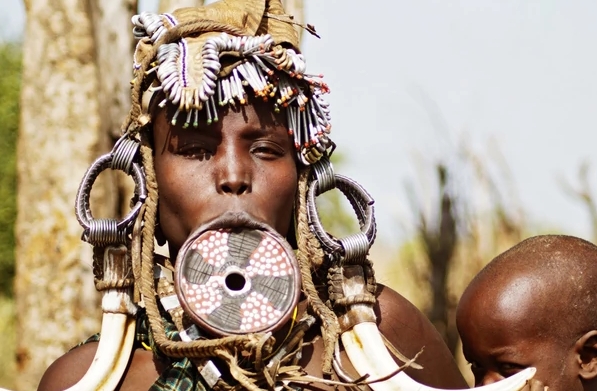Mosquitoes transmit malaria
The World Health Organisation (WHO) says six countries, including Nigeria, accounted for around 50 percent of malaria deaths worldwide in 2020.
The organisation disclosed this in its world malaria report released on Monday.
According to WHO’s latest report, there was an estimate of 241 million malaria cases and 627,000 malaria deaths — mostly of children under five — worldwide in 2020.
The 2020 figure represents about 14 million more cases in 2020, compared to 2019, and 69,000 more deaths.
Advertisement
In the report, Nigeria was also among six countries that accounted for 55 percent of all cases worldwide.
“About 96% of malaria deaths globally were in 29 countries. Six countries – Nigeria (27%), the Democratic Republic of the Congo (12%), Uganda (5%), Mozambique (4%), Angola (3%) and Burkina Faso (3%) – accounted for just over half of all malaria deaths globally in 2020,” the report reads.
“Twenty-nine countries accounted for 96% of malaria cases globally, and six countries – Nigeria (27%), the Democratic Republic of the Congo (12%), Uganda (5%), Mozambique (4%), Angola (3.4%) and Burkina Faso (3.4%) – accounted for about 55% of all cases globally.”
Advertisement
According to the report, the COVID pandemic disrupted malaria services, leading to a marked increase in cases and deaths.
The WHO, in a statement, said the situation could have been far worse, adding that at the beginning of the pandemic, it had projected that – with severe service disruptions – malaria deaths in sub-Saharan Africa could potentially double in 2020.
It, however, noted that many countries took urgent action to shore up their malaria programmes.
Tedros Ghebreyesus, WHO director-general, said this year’s world malaria report surveys the extent of damage wrought by the COVID pandemic on the global malaria response.
Advertisement
“Even before the COVID-19 pandemic struck, global gains against malaria had levelled off,” he said.
“Thanks to the hard work of public health agencies in malaria-affected countries, the worst projections of COVID’s impact have not come to pass.
“Now, we need to harness that same energy and commitment to reverse the setbacks caused by the pandemic and step up the pace of progress against this disease.”
Advertisement
Add a comment





